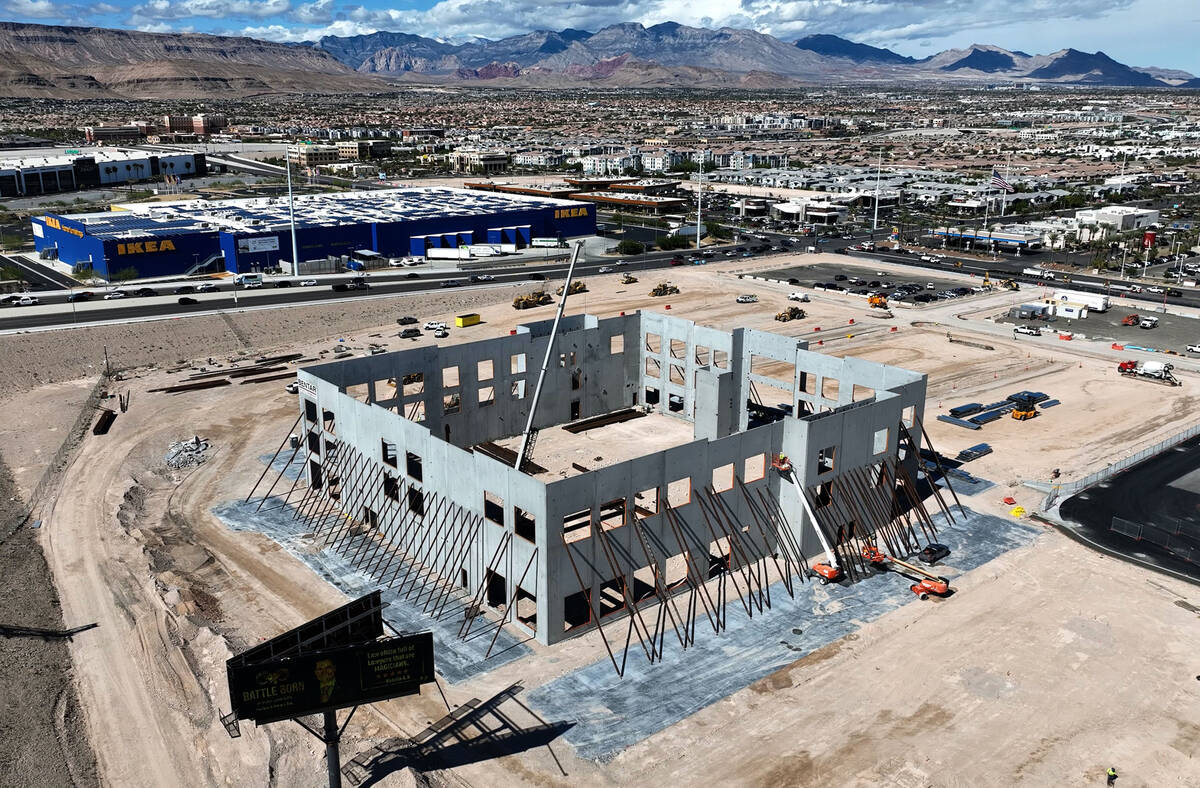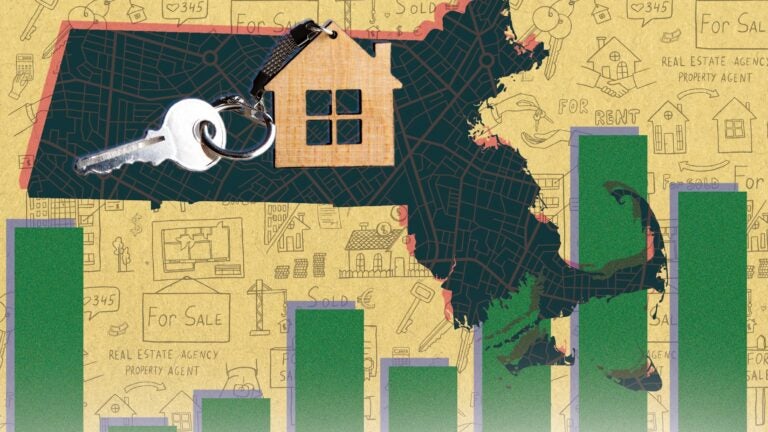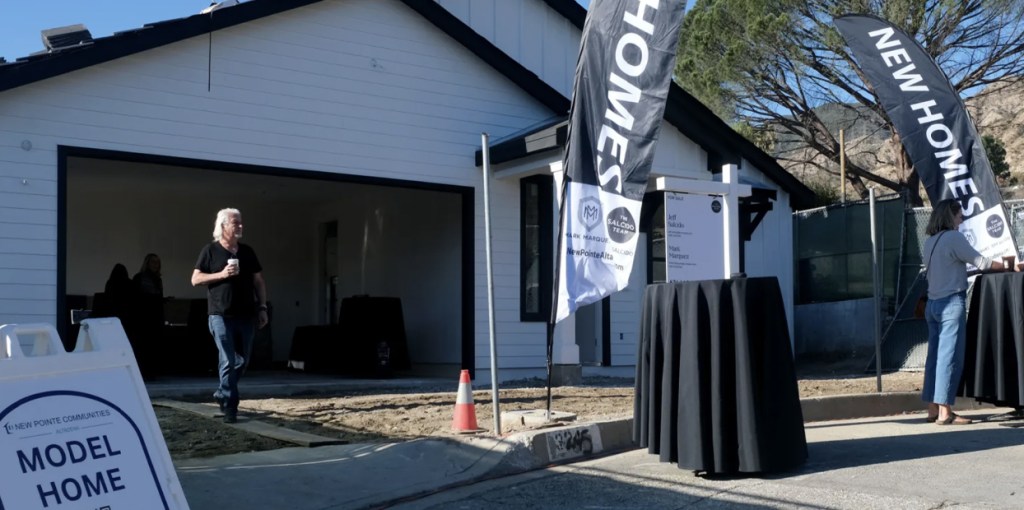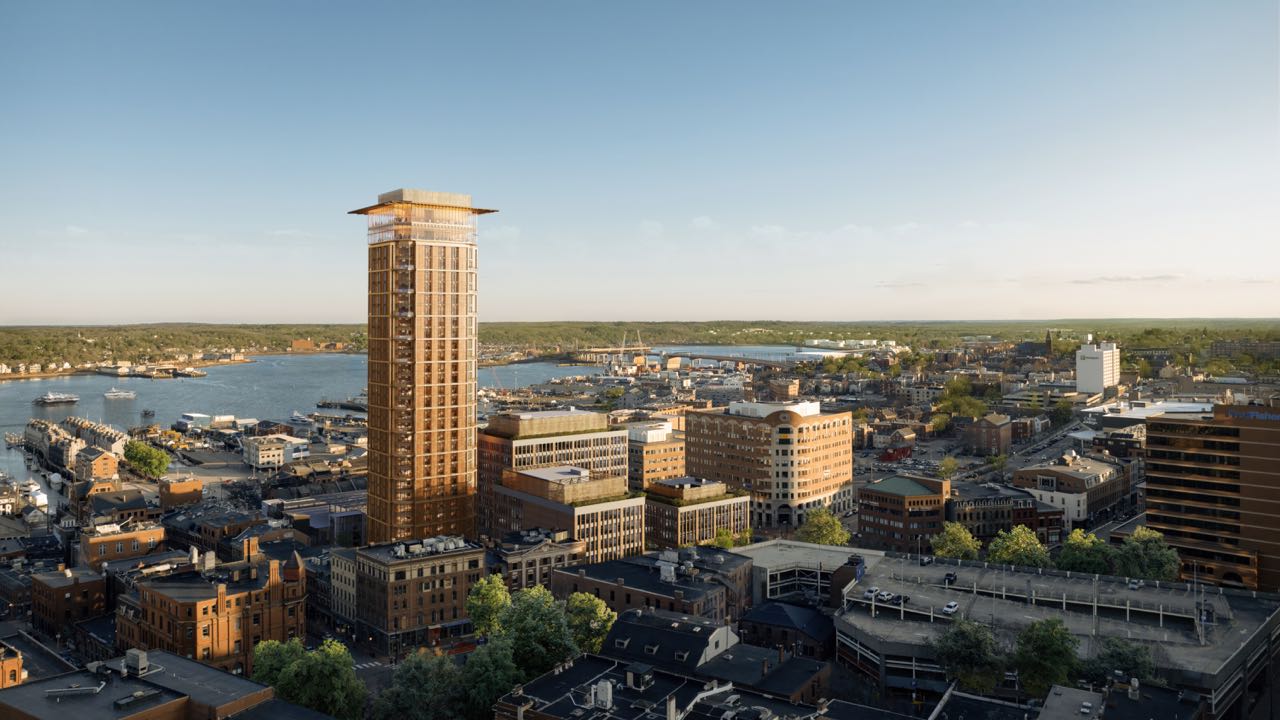A
ustin's bio and health sector is emerging as a key driver of economic growth, according to the 2024 Austin Bio & Health Report. The report highlights the city's growing ecosystem, which now comprises over 1,100 companies employing 21,000 people and generating $42 billion in valuation. Venture capital investment has also surged, with $3.5 billion raised over five years, positioning Austin among the top 10 cities nationally for bio and health funding.
The report notes that 40 local companies are valued at over $100 million, with average startup valuations competitive with major hubs like San Francisco, Boston, and New York. Additionally, Austin ranks fifth nationally in "brain gain," with a 70% increase in college-educated adults moving to the city.
Industry analysts Jason Scharf and Jani Tuomi emphasize the importance of supporting existing companies and fostering startups rather than solely recruiting large biopharma firms. This approach reflects lessons from established hubs like Boston and the Bay Area, where local innovation and support for small and medium-sized enterprises have been key to ecosystem success.
The health care innovation district near the University of Texas' Dell Medical School is a driving force behind Austin's goal of becoming a life sciences and healthcare hub. However, Scharf warns against solely focusing on recruiting large biopharma firms, citing lessons from established hubs where local innovation and support for small businesses have been crucial to success.
The growth of young companies in the coming years will have a significant impact on local infrastructure and resources, according to Ted Rohan, principal at Avison Young. Supporting existing companies, even if they are smaller, is essential to propelling the ecosystem forward. Rohan notes that developers specializing in life sciences have been most successful due to their understanding of the tenant base.
Local and state policies will also influence the business climate, with Scharf highlighting HB 1709's potential to dampen enthusiasm for companies using artificial intelligence in health trends and disease treatment. Rohan suggests that available industrial space may attract tenants faster than vacant offices requiring conversions, citing the need for functional and amenity-driven spaces for scientists and office workers alike.














